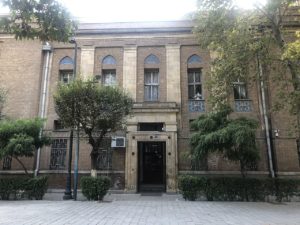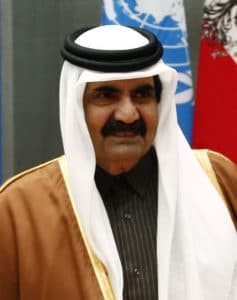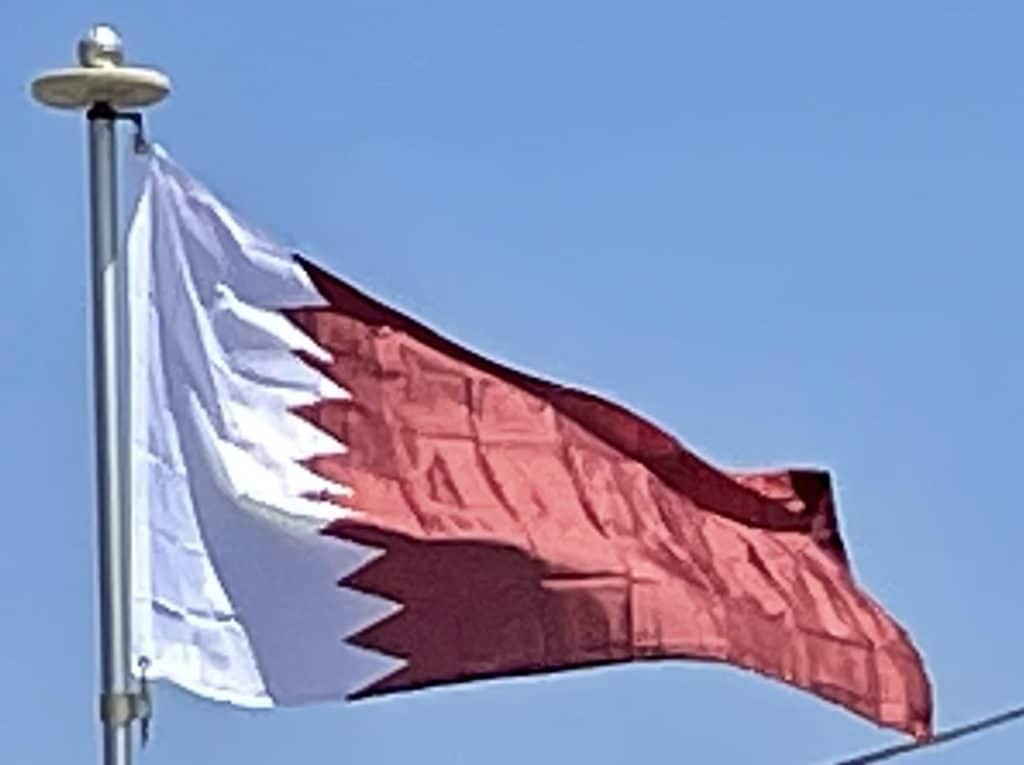
The focus of British interests in Qatar changed after the Second World War with the independence of India, the creation of Pakistan in 1947 and the development of oil in Qatar. In 1949, the appointment of the first British political officer in Doha, John Wilton, signified a strengthening of Anglo-Qatari relations. Oil exports began in 1949, and oil revenues became the country’s main source of revenue, the pearl trade having gone into decline. These revenues were used to fund the expansion and modernization of Qatar’s infrastructure. When Britain officially announced in 1968 that it would withdraw from the Persian Gulf in three years’ time, Qatar joined talks with Bahrain and seven other Trucial States to create a federation. Regional disputes, however, persuaded Qatar and Bahrain to withdraw from the talks and become independent states separate from the Trucial States, which went on to become the United Arab Emirates.
Independence and Aftermath (1971–present):
On 3 November 1916, the sheikh of Qatar entered into treaty relations with the United Kingdom. The treaty reserved foreign affairs and defense to the United Kingdom but allowed internal autonomy. On 3 September 1971, those “special treaty arrangements” that were “inconsistent with full international responsibility as a sovereign and independent state” were terminated. This was done under an agreement reached between the Ruler of Qatar and the Government of the United Kingdom.
In 1991, Qatar played a significant role in the Gulf War, particularly during the Battle of Khafji in which Qatari tanks rolled through the streets of the town and provided fire support for Saudi Arabian National Guard units that were engaging Iraqi Army troops. Qatar allowed coalition troops from Canada to use the country as an airbase to launch aircraft on CAP duty and also permitted air forces from the United States and France to operate in its territories.

In 1995, Emir Hamad bin Khalifa Al Thani seized control of the country from his father Khalifa bin Hamad Al Thani, with the support of the armed forces and cabinet, as well as neighboring states and France. Under Emir Hamad, Qatar has experienced a moderate degree of liberalization, including the launch of the Al Jazeera television station (1996), the endorsement of women’s suffrage or right to vote in municipal elections (1999), drafting its first written constitution (2005) and inauguration of a Roman Catholic church (2008). In 2010, Qatar won the rights to host the 2022 FIFA World Cup, making it the first country in the Middle East to be selected to host the tournament. The Emir announced Qatar’s plans to hold its first national legislative elections in 2013. They were scheduled to be held in the second half of 2013, but were postponed in June 2013 and may be delayed until 2019. The legislative council will also host the 140th Inter-Parliamentary Union Assembly for the first time in April 2019.
In 2003, Qatar served as the US Central Command headquarters and one of the main launching sites of the invasion of Iraq. In 2011, Qatar joined NATO operations in Libya and reportedly armed Libyan opposition groups. It is also currently a major funder of weapons for rebel groups in the Syrian civil war. Qatar is pursuing an Afghan peace deal and in January 2012 the Afghan Taliban said they were setting up a political office in Qatar to facilitate talks. This was done in order to facilitate peace negotiations and with the support of other countries including the United States and Afghanistan. Ahmed Rashid, writing in the Financial Times, stated that through the office Qatar has “facilitated meetings between the Taliban and many countries and organizations, including the US state department, the UN, Japan, several European governments and non-governmental organizations, all of whom have been trying to push forward the idea of peace talks. Suggestions in September 2017 by the presidents of both the United States and Afghanistan have reportedly led to protests from senior officials of the American State Department.
